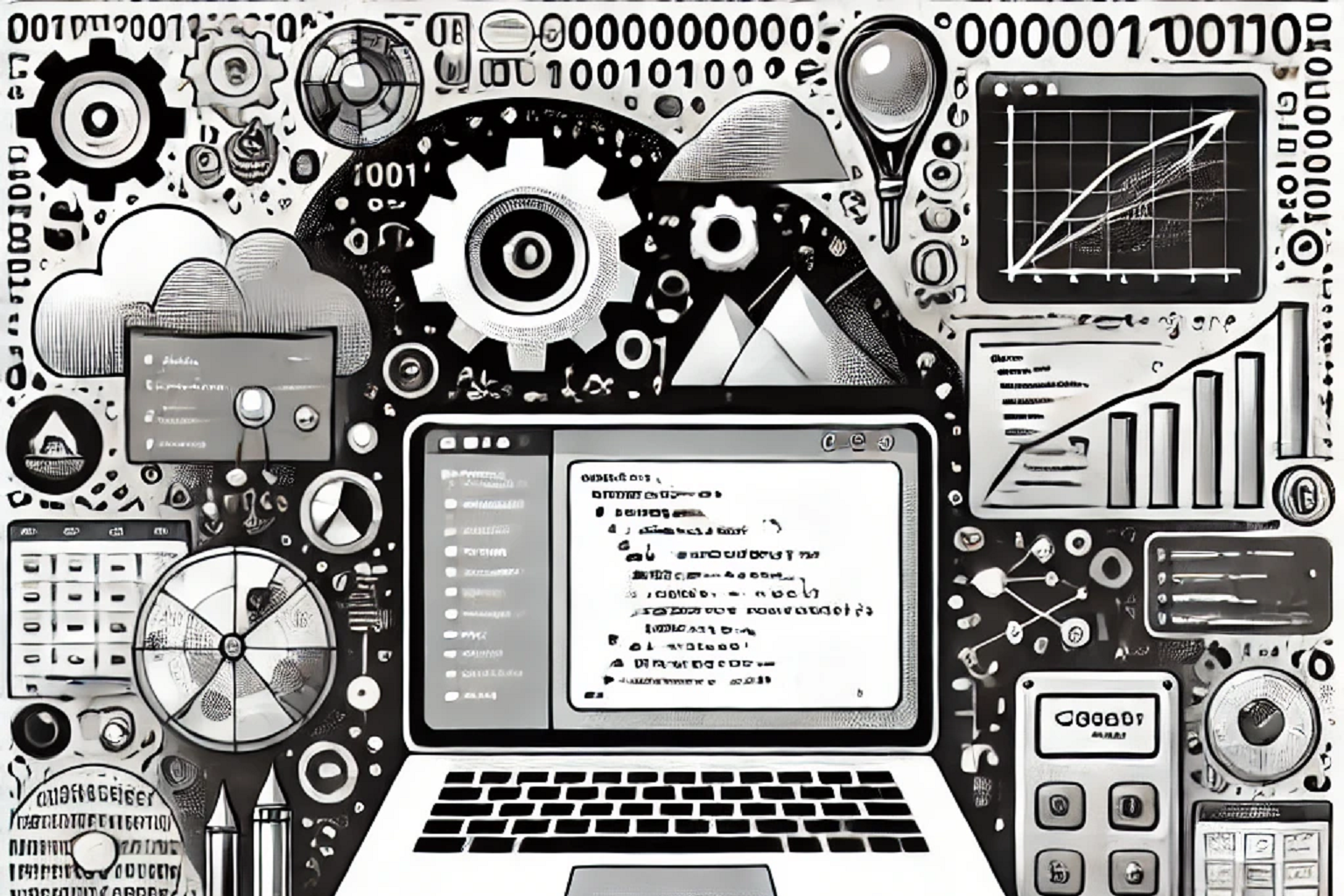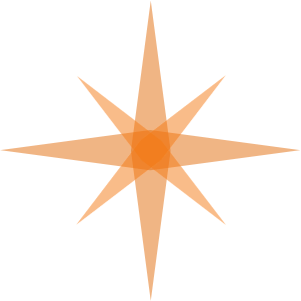
28 Sep Software Development: Where to Start?
Software development is one of the most dynamic and growing fields in technology, offering vast opportunities and impacting almost every sector. For beginners, the options can seem endless, but following a clear structure can make this journey easier. In this article, we explore the essential first steps for those who want to start in software development, with a focus on a practical and continuous learning approach.
Understanding Software Development
Before diving into programming languages, it’s crucial to understand what software development is. At its core, software development is the process of designing, creating, testing, and maintaining applications, systems, and programs that solve problems or automate tasks. This process involves a combination of technical skills and strategic knowledge.
For beginners, it’s essential to understand the different types of software that can be developed, such as web applications, operating systems, mobile apps, and enterprise solutions. This helps direct learning to the most relevant areas for your ultimate goal.
Choosing the First Programming Language
Choosing the first programming language can define how the learning curve will be. There are several options, each with its own advantages and use cases. For beginners, some of the most recommended languages include:
- Python: Easy to learn and widely used in various fields, such as web development, automation, and artificial intelligence.
- JavaScript: Essential for web development, it allows the creation of both the front-end and back-end of applications.
- Java: Popular in the development of corporate applications and large, scalable systems.
The ideal choice depends on the type of software you want to develop. For example, if your focus is on the web, JavaScript may be a more practical choice. If the goal is to explore automation or data science, Python may be the most efficient path.
Understanding Programming Logic
Regardless of the language chosen, mastering programming logic is crucial, as it forms the foundation of software development. Concepts such as control structures (conditionals and loops), data manipulation, algorithms, and problem-solving are universal and applicable to any language.
Additionally, learning to “think like a programmer” involves breaking down large problems into smaller parts and approaching solutions in a structured way. The use of pseudocode and flowcharts can help visualize and plan the solution before even starting to code.
Working with Tools and Frameworks
Tools and frameworks are essential components for increasing productivity and standardizing development. For beginners, working with IDEs (Integrated Development Environments) like Visual Studio Code or PyCharm can make the process of writing, testing, and debugging code easier.
In addition to IDEs, it’s important to become familiar with using version control systems like Git. Git allows you to track changes in code, collaborate with teams, and roll back to previous versions of the project if necessary.
Frameworks, in turn, offer ready-made structures to accelerate the development of applications. If you’re learning web development, frameworks like Django (Python) or React (JavaScript) can help you create applications faster, with best practices built-in.
Continuous Learning and Constant Practice
Software development is a constantly evolving field, with new tools, languages, and paradigms emerging frequently. Continuous learning is, therefore, an essential part of any developer’s career.
One of the best ways to learn and gain practical experience is by participating in open-source projects or contributing to public code repositories. Platforms like GitHub and GitLab offer countless projects where you can collaborate and learn from other developers.
Additionally, practicing through programming challenges, such as those offered by platforms like Codewars, LeetCode, or HackerRank, can help strengthen your ability to solve problems efficiently.
Starting in software development can be challenging, but with the right approach, the process can be extremely rewarding. Understanding the basics, choosing a language that fits your goals, mastering programming logic, and exploring tools and frameworks are the first steps to building a solid career.
Remember, the journey of programming for beginners is long, but constant practice and continuous learning are your best allies. Invest time, participate in communities, and above all, stay curious and open to evolving with emerging technologies.





Sorry, the comment form is closed at this time.